Filter by

The Medieval Kirk, Cemetery and Hospice at Kirk Ness, North Berwick
Between 1999-2006 Addyman Archaeology carried out extensive archaeological excavations on the peninsular site of Kirk Ness, North Berwick, during the building, landscaping and extension of the Scottish Seabird Centre. This book presents the results of these works but its scope is much broader. Against the background of important new discoveries made at the site it brings together and re-examine…
- Edition
- -
- ISBN/ISSN
- 9780000000906
- Collation
- -
- Series Title
- -
- Call Number
- -
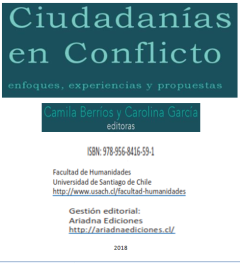
Ciudadanías en conflicto; Enfoques, experiencias y propuestas
Las transformaciones políticas, económicas, sociales y culturales de las últimas décadas, han posicionado a la ciudadanía como tema de interés público, generando un amplio debate en torno a su conceptualización y a las características del modelo educativo que se requiere para la formación ciudadana.
- Edition
- -
- ISBN/ISSN
- 9789568416591
- Collation
- -
- Series Title
- -
- Call Number
- 300.1 BER c
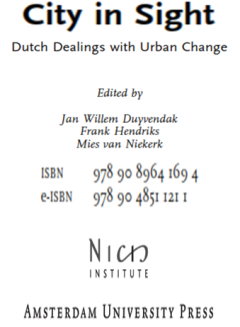
City in Sight
Huge social transformations and turbulent political events - 9/11 and the political murders of Pim Fortuyn and Theo van Gogh - have put urban issues high on the political agenda of the Netherlands
- Edition
- -
- ISBN/ISSN
- 9789089641694
- Collation
- -
- Series Title
- -
- Call Number
- 300 NIE c
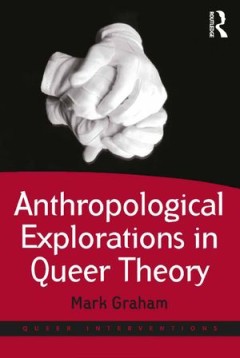
Anthropological Explorations in Queer Theory
Anthropological Explorations in Queer Theory offers a wide ranging fusion of queer theory with anthropological theory, shifting away from the discussion of gender categories and identities that have often constituted a central concern of queer theory and instead exploring the queer elements of contexts in which they are not normally apparent. Engaging with a number of apparently 'non-sexual' to…
- Edition
- -
- ISBN/ISSN
- 1317180488
- Collation
- -
- Series Title
- -
- Call Number
- -
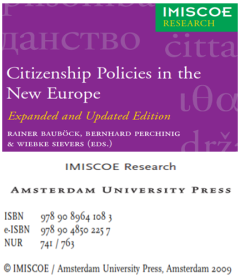
Citizenship Policies in the New Europe: Expanded and Updated Edition
The two most recent EU enlargements in May 2004 and in January 2007 have greatly increased the diversity of historic experiences and contemporary conceptions of statehood, nation-building and citizenship within the Union.
- Edition
- -
- ISBN/ISSN
- 9789089641083
- Collation
- -
- Series Title
- -
- Call Number
- 300 SIE c
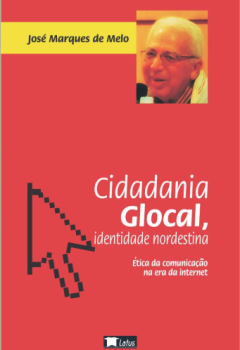
Cidadania glocal, identidade nordestina; ética da comunicação na era da in…
Neste livro, encontra-se uma série de recomendações do professor José Marques de Melo, ou conforme suas próprias palavras "uma lição de casa" para as novas gerações colaborarem, de modo decisivo, com o avanço do ensino e da prática da comunicação em todas as regiões brasileiras.
- Edition
- -
- ISBN/ISSN
- 9788578791254
- Collation
- -
- Series Title
- -
- Call Number
- 300 MEL c
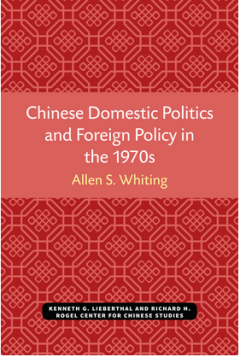
Chinese Domestic Politics and Foreign Policy in the 1970s
Chinese Domestic Politics and Foreign Policy in the 1970s undertakes a systematic examination of selected aspects of Peking’s foreign policy, using content analysis, both quantitative and qualitative, of the media. The first study treats media images of the United States and Taiwan in 1976–77; the second analyzes domestic politics and foreign trade, 1971–1976.
- Edition
- -
- ISBN/ISSN
- 9780472901814
- Collation
- -
- Series Title
- -
- Call Number
- 320 WHI c

Italian Jewry in the Early Modern Era Essays in Intellectual History
Between the years 1550 and 1650, Italy's Jewish intellectuals created a unique and enduring synthesis of the great literary and philosophical heritage of the Andalusian Jews and the Renaissance`s renewal of perspective. While remaining faithful to the beliefs, behaviors, and language of their tradition, Italian Jews proved themselves open to a rapidly evolving world of great richness. The crisi…
- Edition
- -
- ISBN/ISSN
- 9781618112088
- Collation
- -
- Series Title
- -
- Call Number
- -
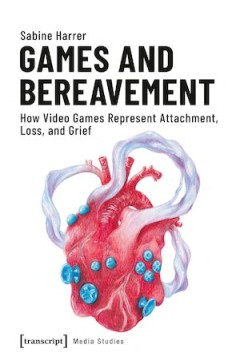
Games and Bereavement How Video Games Represent Attachment, Loss and Grief
How can videogames portray love and loss? »Games and Bereavement« answers this question by analysing five videogames and conducting a participatory design study with grievers. Sabine Harrer offers both theoretical and practical perspectives on videogames and grief and suggests a design model for videogames to include grievers into game development. Overall, she explores how videogames can be …
- Edition
- -
- ISBN/ISSN
- 9783837644159
- Collation
- -
- Series Title
- -
- Call Number
- -
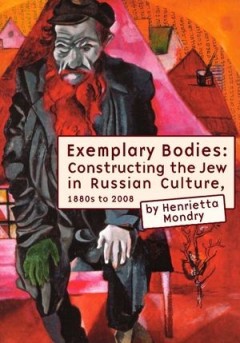
Exemplary Bodies Constructing the Jew in Russian Culture, 1880s to 2008
Exemplary Bodies: Constructing the Jew in Russian Culture, 1880s to 2008 explores the construction of the Jew’s physical and ontological body in Russian culture as represented in literature, film, and non-literary texts from the 1880s to the present. With the rise of the dominance of biological and racialist discourse in the 1880s, the depiction of Jewish characters in Russian literary and cu…
- Edition
- -
- ISBN/ISSN
- 9781934843390
- Collation
- -
- Series Title
- -
- Call Number
- -
 Computer Science, Information & General Works
Computer Science, Information & General Works  Philosophy & Psychology
Philosophy & Psychology  Religion
Religion  Social Sciences
Social Sciences  Language
Language  Pure Science
Pure Science  Applied Sciences
Applied Sciences  Art & Recreation
Art & Recreation  Literature
Literature  History & Geography
History & Geography